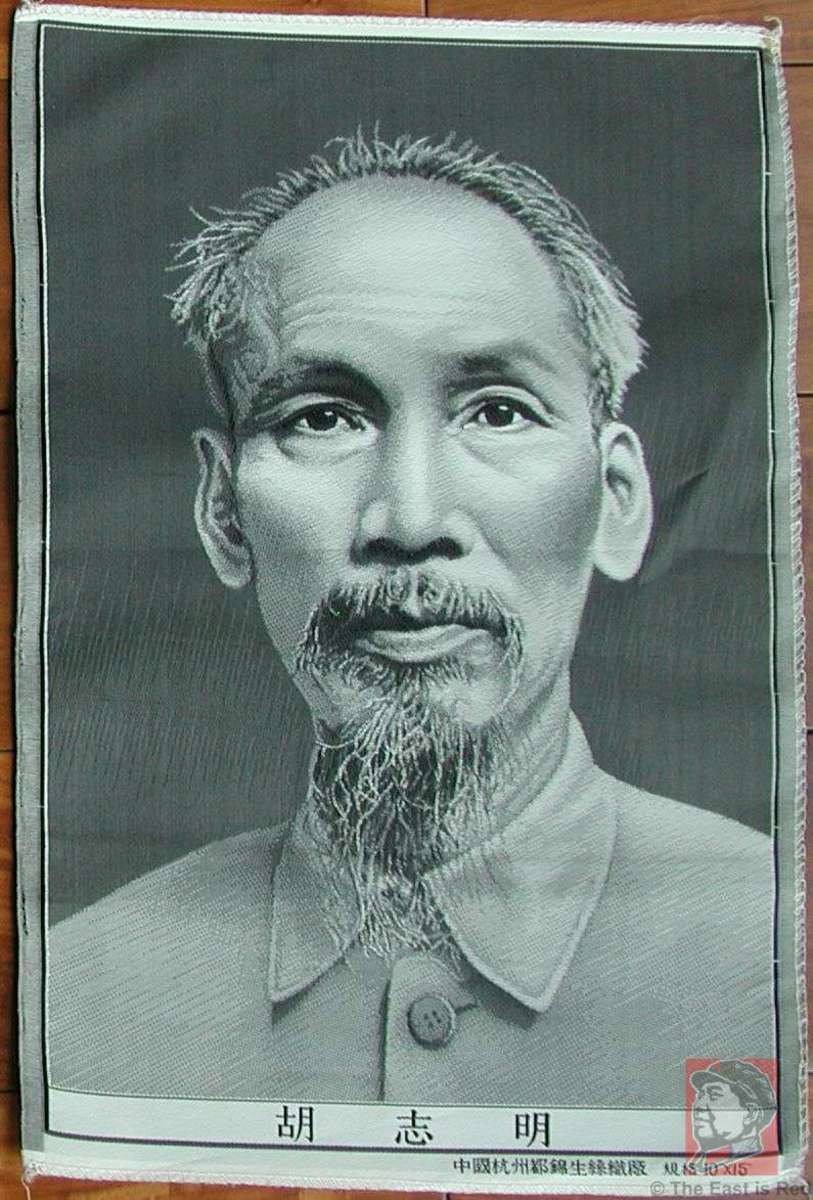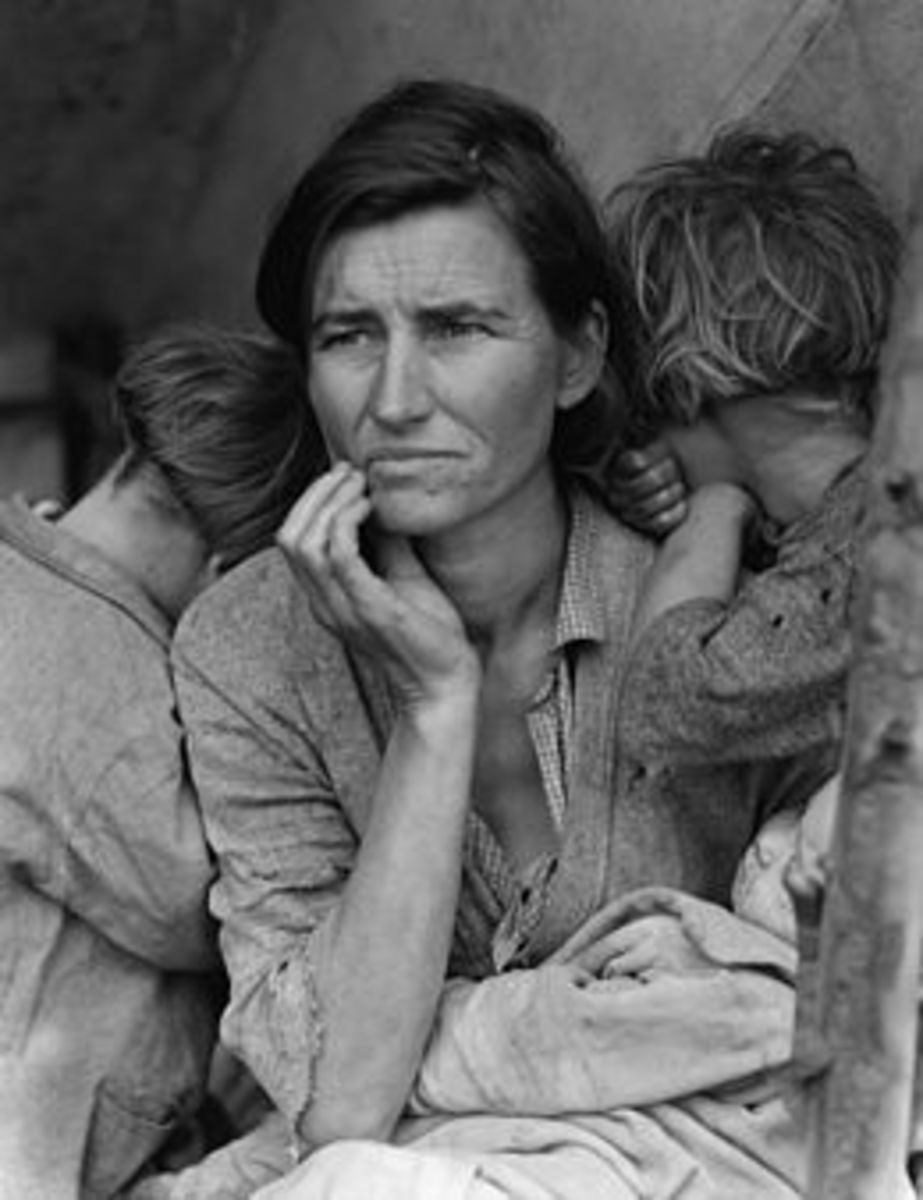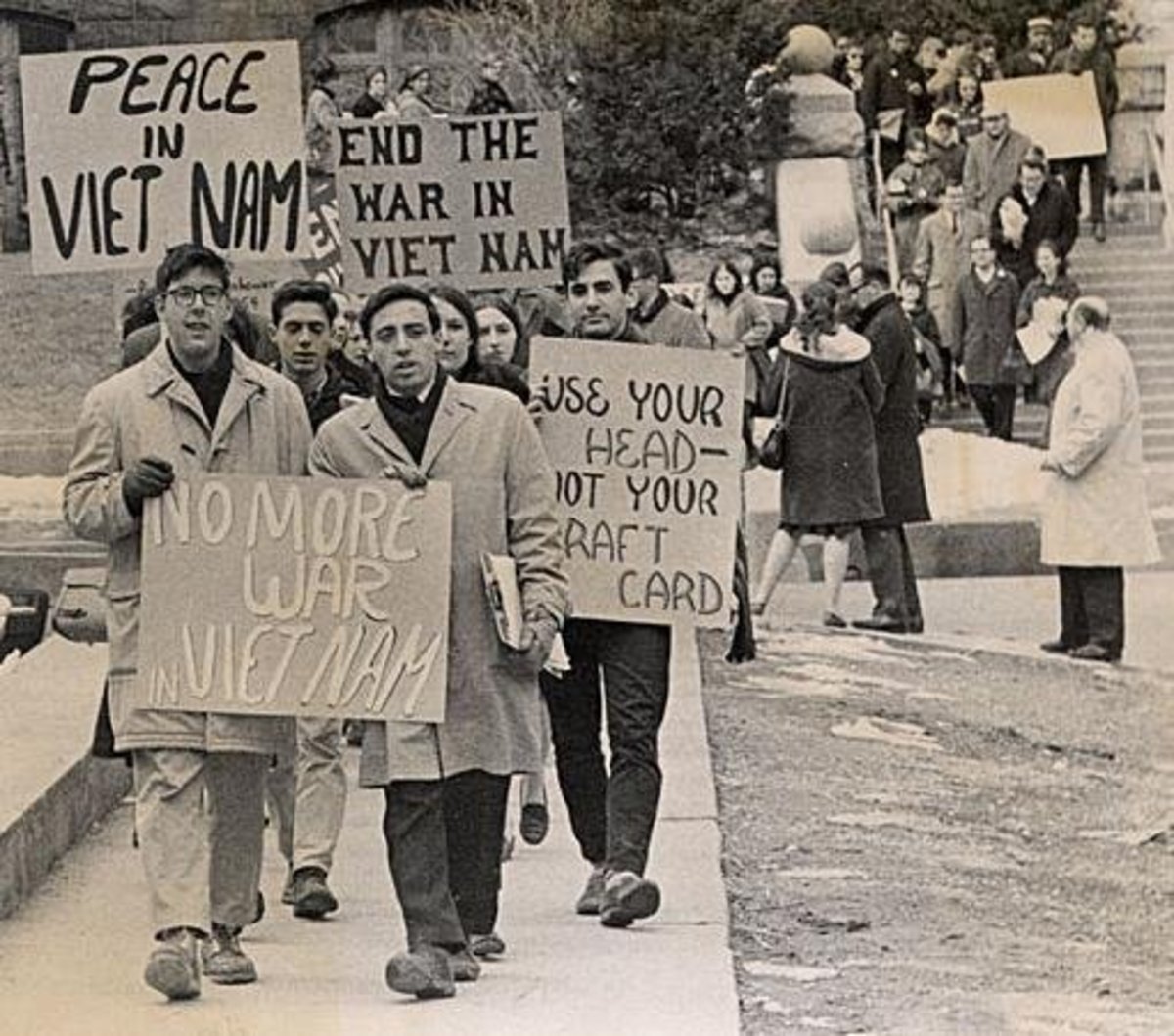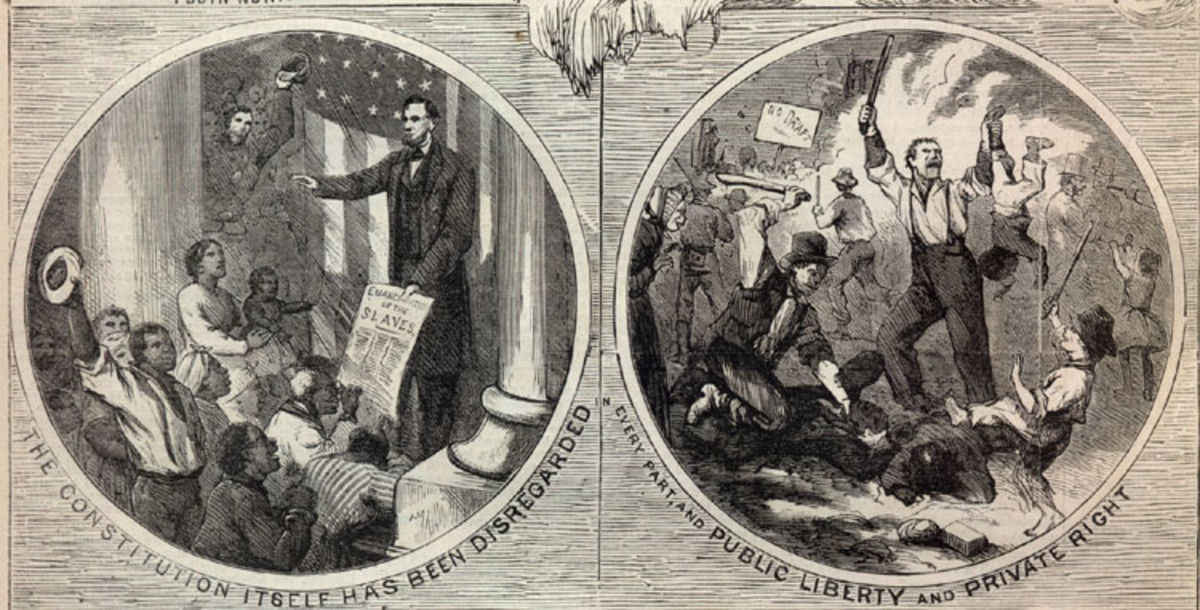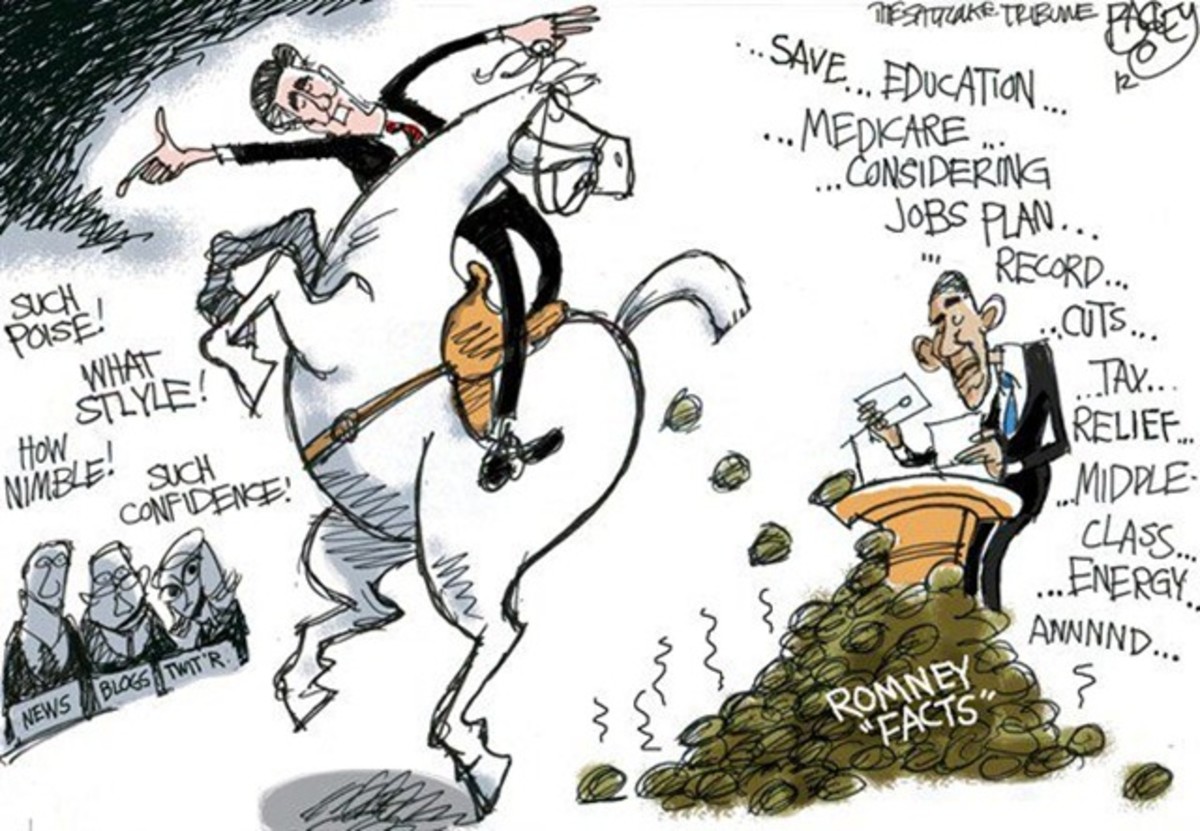LBJ's Legacy: A Reflection on the Vietnam War Era
Hey, hey LBJ!
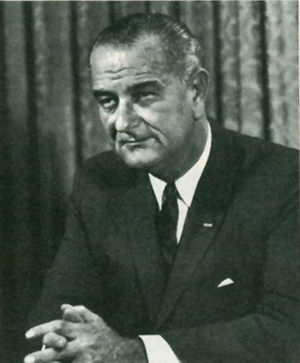
Vietnam War Era
A Mock Conversation on the Legacy of LBJ by Two History Students by Michael M. Nakade
(This work was inspired by: 1) The Teaching Company’s Lecture Series on the History of the United States, Part VII, Lecture 62, LBJ and the Great Society by James Shenton and 2) The Lecture Series on the History of the Modern American Presidency, lecture 7, Lyndon Johnson and the American Nightmare by Bruce Kuklick.
Student A: I just finished the section on 1960s America. What a tumultuous time it was! Lots of college students were demonstrating on the streets, chanting, “Hey, hey, LBJ, how many kids did you kill today?” The Vietnam War Era must have been an unusual time.
Student B: Oh yes. Of all the decades in the 20th century, it’s my favorite decade to study because so many changes were taking place in America. America was never the same after the decade of the 60s. Young people began questioning the authority in general. The failure in the Vietnam War had much to do with it.
Student A: If we watch an old footage of student protests, we get the impression that young people all hated LBJ for the war in Vietnam. Do you think it is fair to blame it all on LBJ?
Student B: We must remember that the war was happening during the height of the Cold War. The mindset during that time was to roll back the threat of communism in Asia, otherwise, one by one all those nations in Southeast Asia would become communists. The domino theory was widely believed. LBJ inherited the Vietnam conflict from Kennedy. He really had no choice but to continue the fighting in Vietnam. Pulling out the American troops in Vietnam in 1964 would have been a political suicide for LBJ. It was an election year. SO, no, I wouldn’t blame everything on LBJ. The Congress was very supportive of the Gulf of Tonkin Resolution in the summer of 1964. All American politicians initially thought that the Communist North would be a push over.
Student A: Then, why did everybody blame LBJ when things were not going well for the Americans in Vietnam?
Student B: American media played a key role. After the North’s all out attack inside South Vietnam in January, 1968, the American media decided for everyone that the war was not going well for the United States. The public opinion felt that LBJ and his staff had been lying about the progress of the war. Then it became acceptable to blame the government for waging this unwinnable war in Vietnam. Since LBJ was the head of the government, everyone decided to blame LBJ.
Student A: I see. But, I feel badly for LBJ because he did some good things inside the United States like passing the Civil Rights Act of 1964. I am curious to know what kind of man LBJ was?
Student B: LBJ is an interesting man to study. His background is very different from that of his predecessor, JFK. LBJ came from a humble origin in Texas and attended a small teachers’ college. He worked with the poor Mexican farm workers and knew the meaning of poverty firsthand. After getting into politics, he climbed up quickly in ranks. By 1953, he was a senate Democratic Party leader and knew how to wield his power to push his party’s agenda in congress. As a human being, I heard that he was a rude, crude, and confrontational man. In many ways, he was a 180 degree opposite JFK, who was a Harvard educated, east coast elite.
Student A: But, that Texas background shouldn’t be a bad thing. In American presidential tradition, we celebrate men who came from the humble origin. Andrew Jackson and Abraham Lincoln come to my mind. We want these underdogs to succeed. LBJ’s goal was to build a Great Society, right? He declared a war on poverty. More people should talk about that aspect of LBJ, instead of America’s Vietnam fiasco.
Student B: I agree. Because LBJ came from a humble origin in Texas, he knew the suffering of the poor and the minority. With his Texas background, it probably was easier for him to convince the Southerners to accept the reality that the Segregation was the thing of the past. It’s one of those things that the Southerners get defensive if the Northerners tell them to end the Segregation in the South. Anyway, the symbol of ugly racism in America was the “Whites Only” sign in public places. The Civil Rights Act of 1964 was passed, and it made sure that the discrimination against colored people in public places would end in America.
Student A: LBJ’s vision of America is being carried out by today’s Democratic Party. It is clear that LBJ continued the New Deal policies of FDR from the Great Depression Era. He understood that the Federal Government had to be active in solving various socioeconomic problems. Am I right?
Student B: I think you have a point. Many of the federal programs that we have today were created by LBJ. Medicaid, Housing and Urban Development, and Head Start are still running, and they are helping those who are in need of assistance. LBJ put the elimination of poverty at the top of his agenda. He really wanted to create the Great Society in America where equality and opportunity were available to minorities and disadvantaged people.
Student A: LBJ reminds me of FDR in that he passed lots of legislation in a matter of a few years. He really knew how to push his agenda through Congress. Or, do you think this comparison is a bit overblown?
Student B: LBJ was a skilled politician with regard to passing key legislations, but he was no FDR. FDR had the most amazing presidential personality. He was great with the media and with the ordinary folks. LBJ had an image problem. Coming to the White House after the Kennedy assassination made it difficult for LBJ, too.
Student A: So, let’s talk about the great president in the 20th century. Who’s your favorite?
Student B: America is a democratic country. The person who is endorsed by the will of the people gets to serve as the president. Election is a form of a popularity contest. So, for me, FDR tops. That man got elected four times. To me, that’s amazing. FDR had the communication skills and charisma to be a great leader when the nation was in serious trouble. In terms of policy, FDR’s New Deal wasn’t as successful as the people first thought it was. But, it did change the perception regarding the role of the federal government altogether, and for that, FDR’s New Deal was a turning point in the history of the American government. If you endorse the bigger, more active, and more powerful federal government, you vote for the Democrats. If you want the smaller and less intrusive government, you vote for the Republicans. At least that’s the formula today in 2009. The American public goes back and forth between these two choices. Which party do you like better?
Student A: The Democratic Party because they seem to work for the people. The Republicans seem to favor the rich and the powerful. They give those well-to-do people lots of tax breaks. On top of that, they cut back on social services for the poor and the needy. I want to see more federal agencies committed to making our society more equitable.
Student B: You want another LBJ in the White House, then?
Student A: It will be nice to have a president who wants to look after the poor and the needy so that they will have improved odds of succeeding in life. Since we are now fighting the Islamic fundamentalists in the Middle East, the money may be tight for new social programs. I want our country to end the war quickly so that the war on poverty can be won at home.
Student B: LBJ would want the same thing as you do. His number one goal was to win against the poverty in America. Vietnam was the biggest curve ball that was thrown at him. He swung at it and missed badly. If it weren’t for the Vietnam fiasco, he might have been one of the great presidents of the 20th century. I honestly think that he did a lot for America as a whole.
Student A: Before ending this conversation on LBJ, I want to ask you if you think that Reagan of the 1980s and LBJ of the 60s represent the opposite ends of the political spectrum.
Student B: Oh, yeah. History students can always learn the nature of American party politics by studying these two men’s different visions. In Democracy, it’s great to have choices. I’m glad that the American people get to choose their leader once every four years. In LBJ, you see a liberal policy: the bigger government supported by a higher tax rate. In Reagan, you see a conservative policy of less government, less tax. Other presidents like Clinton and George W. Bush fall somewhere in between. The American public’s preference is like a pendulum, swinging back and forth.
Student A: I know I prefer LBJ’s vision. How about you?
Student B: I’m somewhere in between LBJ and Reagan. I want the federal government to be active in addressing poverty and inequality. But at the same time, I certainly don’t want a welfare state where the government just hands out freebies to the poor. Some welfare programs are not effective in helping the poor people in a long run. So, I’m against the freebies. I am also against the high tax rate. It takes away my money from my own wallet. I want to decide how to spend my own money, instead of my government deciding what to do with the money I earn. So, I am a typical middle of the road guy.
Student A: I guess it means you are either a liberal Republican or a conservative Democrat.
Student B: That’s a good description. I vote not along the party line, but along the character and qualifications of candidates, and how sensible their policies are.
Student A: That sounds reasonable. Thanks for your input.

